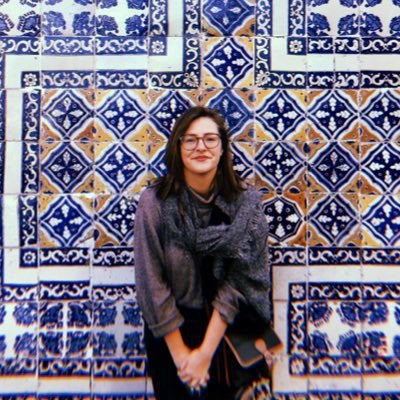Program: M.A.M.A., graduated 2018
Current Position: Physical Scientist, National Science Foundation, Division of Ocean Sciences
Biography: Rennie Meyers designs policy and programs concerned with the implementation and impacts of coastal and maritime infrastructure on communities and the environment. She has worked for the National Science Foundation, in Congress for the House Committee on Transportation and Infrastructure, in architecture firms, in science communication non-profits, and in bakeries. Trained as an environmental historian and anthropologist, she studies coastal infrastructure resilience planning, policy, and investment, and how nature-based infrastructure, tourism and maritime economies in the Bahamas and Canary Islands. Her scholarship on community-owned artificial reef infrastructure is published in Resilience: International Policies, Practices, and Discourse, Shima, and other publications forthcoming. She is a Thomas J Watson Fellow, Climate and Security Fellow, and SeaGrant Marine Policy Fellow with the National Oceanographic and Atmospheric Administration, and holds degrees from Reed College (B.A., Environmental Studies & History, 2015) and the University of Rhode Island (M.A., Marine Affairs, 2018)
How has your participation in the Marine Affairs Program helped to influence or shape your career? I came to the Marine Affairs program to broaden my understanding of who is invested in the sustainable management, exploitation, and stewardship of ocean ecosystems and coastal community resources, while honing my vocabulary and literacy in ocean law and policy. Not only were those goals readily met, but I joined a student and faculty cohort determined to hold each other to high professional and personal standards.
What was the most memorable–or the most influential–course taken as a Marine Affairs student?
International Ocean Law was the bootcamp in the United Nations Convention on the Law of the Sea that I wanted and needed; Port Planning and Policy’s approach to maritime infrastructure policy helped me understand the intersections between environmental justice, coastal adaptation, and international commerce; Social Studies of Science regularly reframed my understanding of everything I learned in every other class.

